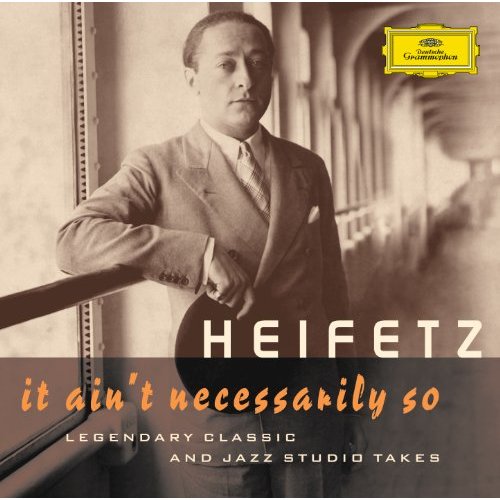Listen
Track:
About
Born in Clarksville, Tennessee in 1880, Clarence Cameron White was both a composer and concert violinist. His father was a doctor, and his mother was a violinist. Following in his mother’s footsteps, White studied violin at an early age and later studied at Oberlin Conservatory. Before finishing his degree, he left the institution to teach at the Washington Conservatory—an institution for black classical music (Garrett). After teaching in Washington D.C., White then decided to further his studies in Europe with composers like Samuel Coleridge-Taylor and, later, Raol Laparra. White toured extensively as a violinist and even served as the president of the National Association of Negro Musicians, an organization he helped found in 1919 (Edwards).
Aside from his teaching and personal studies, White wrote many compositions. His early pieces were mainly neo-romantic in style, but as he gained more exposure and influence, he turned more to black folk music as a source of inspiration. Among White’s compositions are Forty Negro Spirituals (1927), Kutamba Rhapsody (1942), and Symphony in D Minor. White also wrote a ballet score called A Night in Sans Souci (1929) and an opera titled Ouanga (1932) for which he won the Bispham Medal. White won many awards for his work, including two Rosenwald Fellowships, a Harmon Foundation Award, and the Benjamin Award (Edwards).
Although most of White’s successful works were written for string and piano, he also received recognition for his vocal scores. More specifically, White’s operatic works were performed at both Carnegie Hall and the Metropolitan Opera House (1956) in concert form (Garrett). Overall, White had an extensive career and remained active in music throughout his entire life. In 1960, he passed away but left behind an estimable amount of music written in a variety of forms. His work undoubtedly contributed to shaping a new black cultural identity, which African Americans intellectuals strove to create during this time period. His hard work and achievements have also impacted the classical repertoire and continue to do so to this day.
–Breanna Ghostone (Christie Finn, ed.)
This biographical essay is made possible because of the Song of America Initiative for African-American Classic Song, a collaboration between the Hampsong Foundation and Dr. Scott Piper’s Winter 2016 course “The Art Songs of African American Composers” at the University of Michigan in Ann Arbor.
Bibliography:
“Clarence Cameron White, 1880-1960.” Performing Arts Encyclopedia, Library of Congress. Web. 09 Mar. 2016. .
Edwards, Vernon H., and Michael L. Mark. “Clarence Cameron White”. The Black Perspective in Music 9.1 (1981): 51–72.
Garrett, Hiroshi. “White, Clarence Cameron.” Grove Music Online. Oxford Music Online. Oxford University Press. Web. 09 Mar. 2016.
Related Information
Recordings

Heifetz - It Ain't Necessarily So - Legendary Classic and Jazz Studio Takes
(Clarence Cameron White)
2006

